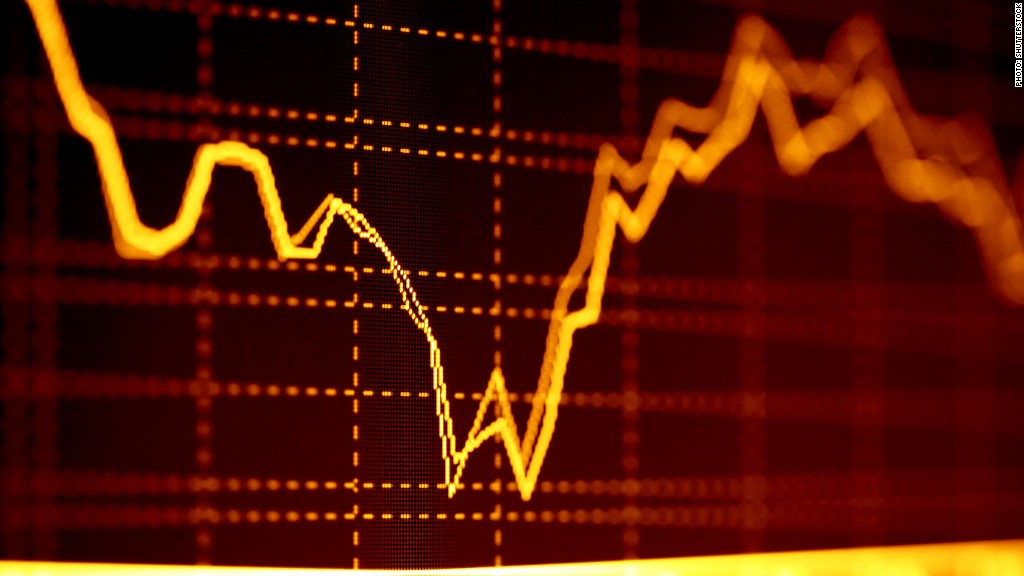
The debt ceiling deal has finally been reached, but the government drama is far from over. There will be plenty of uncertainty in the upcoming months. And while that could leave you anxious about your retirement savings, overhauling your portfolio likely isn't the answer.
This week's debt deal contains yet another deadline, and sets the stage for even more market volatility as we head into the new year.
As the news continues to unfold, financial planners recommend that savers, especially those with a decade or more left before retirement, try to tune out the noise and stick to their plan.
Selling your investments during a volatile time ultimately hurts your nest egg since you end up locking in losses, said Mark VandeVelde, an Auburn, Ind.-based financial planner who has heard from many nervous clients in recent weeks.
"People are always leery of the squabbles of Washington and how it affects the markets," he said. "My response to them is stay the course."
Not convinced? Consider the August 2011 debt ceiling standoff, which resulted in a downgrade to the U.S.'s credit rating and sent stocks plummeting by 15% in the weeks leading up to the deadline and immediately following the downgrade.
Today, all three major stock indexes are up by more than 40% from that sell-off.
Related: Asset allocation calculator: Fix your mix
Of course, investing in stocks comes with risk. But it also offers savers the ability to build up a significant nest egg through years of compounded returns. The "safer" alternatives, don't offer as much of a return -- especially these days.
Bonds, for example, have had a rocky year amid concerns that the Federal Reserve will begin pulling back on the $85 billion a month in Treasury purchases and mortgage-backed securities it makes as part of its economic stimulus program. The Fed has yet to taper those purchases, but it has hinted that it could start doing so in coming months.
The concerns have pushed long-term interest rates higher, causing bonds and bond funds to lose value. For example, Vanguard's Long-Term Treasury Fund (VUSTX), which invests in U.S. government bonds, is down more than 10% this year.
Meanwhile, the "safest" investments, like certificates of deposits or savings accounts, come with such paltry returns that savers are exposed to a different danger: the inability to keep up with inflation in retirement.
That is of particular concern for those who are about to retire. For this group, the upcoming months could end up being a particularly scary time, said Dan White, a Glen Mills, Pa.-based financial adviser who mainly works with clients 50 years or older.
"Let's face it, even though (the markets) have been trending upward, it's been volatile," he said. "That's hard for people to sit with when they are watching it every day."
Those close to (and in) their retirement years should be careful not to invest in overly risky assets, which can get hit hardest in a volatile market, said White. Betting your retirement on the current hot stock? Not a good idea.
Related: Why investing rules of thumb don't always work
A commonly cited rule of thumb says that the average 50-year-old should have between 50% and 70% of his portfolio in stocks, depending on risk tolerance.
Older investors can diversify into more conservative investments with options such as annuities, dividend-paying blue chip stocks and shorter-term bonds, which tend to be less risky. To find the right stock-bond mix for you, try using an asset allocation calculator.
"At this point, you need to be careful," he said.

